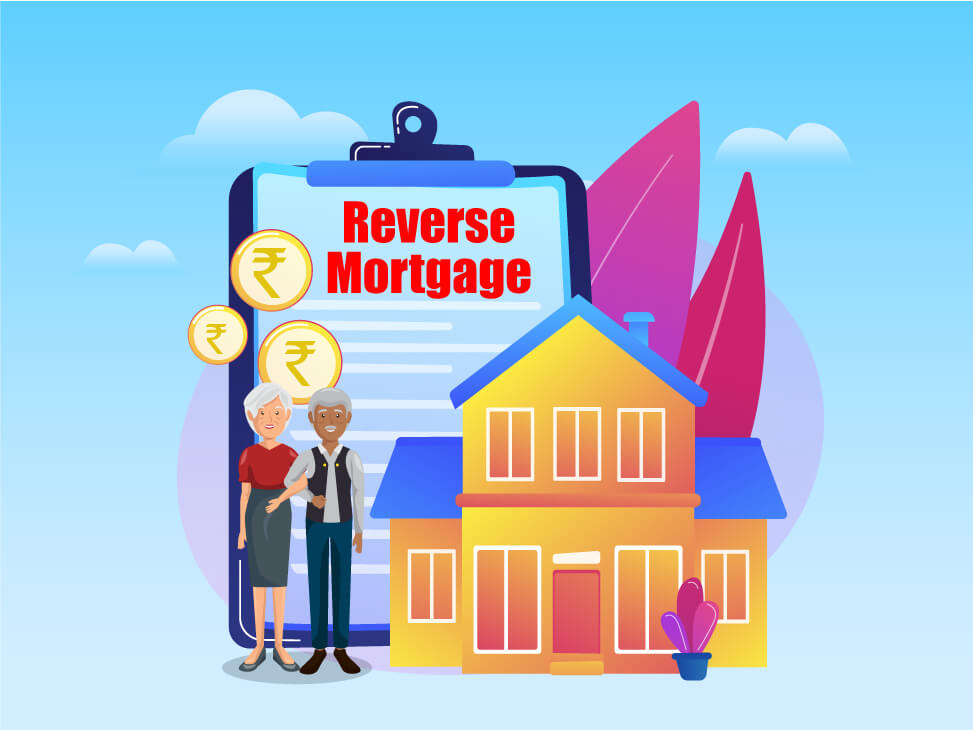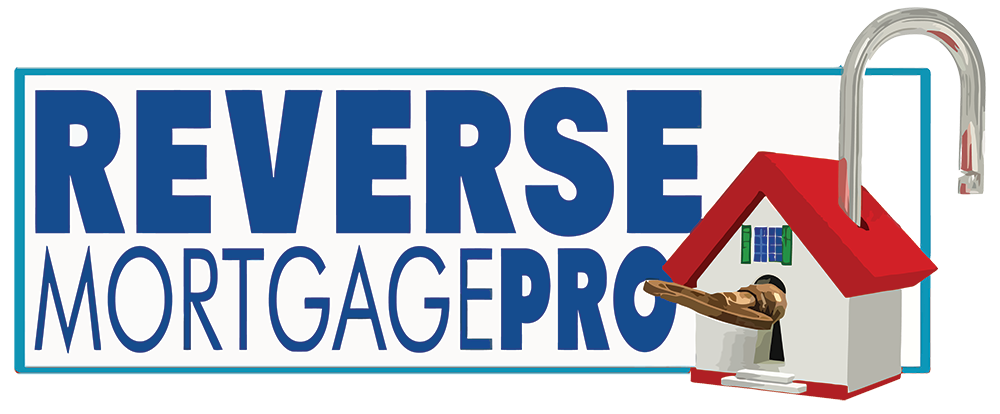The Process Involved When You Decide to Purchase Reverse Mortgage
The Process Involved When You Decide to Purchase Reverse Mortgage
Blog Article
Empower Your Retirement: The Smart Means to Purchase a Reverse Home Mortgage
As retirement approaches, several individuals look for efficient strategies to improve their financial freedom and well-being. Amongst these methods, a reverse mortgage becomes a feasible option for house owners aged 62 and older, allowing them to use their home equity without the need of monthly repayments. While this monetary tool supplies a number of advantages, consisting of enhanced capital and the prospective to cover essential expenditures, it is essential to recognize the complexities of the application procedure and key considerations entailed. The next steps might disclose how you can make a knowledgeable decision that might significantly affect your retired life years.
Understanding Reverse Home Loans
Understanding reverse home loans can be essential for home owners looking for economic adaptability in retired life. A reverse home mortgage is an economic item that permits qualified home owners, generally aged 62 and older, to convert a portion of their home equity into cash. Unlike traditional mortgages, where borrowers make month-to-month settlements to a lender, reverse home mortgages make it possible for homeowners to receive settlements or a round figure while maintaining possession of their home.
The quantity offered via a reverse home mortgage relies on numerous aspects, consisting of the home owner's age, the home's worth, and present rate of interest. Significantly, the finance does not have actually to be settled till the homeowner markets the home, relocates out, or dies.
It is crucial for possible debtors to comprehend the ramifications of this financial item, including the influence on estate inheritance, tax factors to consider, and continuous duties associated with home maintenance, taxes, and insurance policy. Furthermore, counseling sessions with accredited experts are frequently called for to guarantee that debtors fully understand the terms of the finance. In general, a comprehensive understanding of reverse home mortgages can equip property owners to make enlightened choices about their monetary future in retired life.
Benefits of a Reverse Home Loan
A reverse home mortgage offers a number of engaging benefits for eligible homeowners, especially those in retired life. This financial device allows senior citizens to transform a part of their home equity right into cash, offering vital funds without the demand for month-to-month home loan repayments. The cash acquired can be used for different objectives, such as covering medical costs, making home improvements, or supplementing retired life income, therefore enhancing general financial versatility.
One significant advantage of a reverse home loan is that it does not need settlement till the house owner vacates, markets the home, or dies - purchase reverse mortgage. This attribute enables retirees to maintain their lifestyle and satisfy unforeseen expenses without the problem of regular monthly settlements. Furthermore, the funds gotten are generally tax-free, enabling house owners to use their cash money without anxiety of tax obligation ramifications
Moreover, a reverse home loan can supply comfort, recognizing that it can function as an economic safety and security web throughout difficult times. Home owners additionally maintain ownership of their homes, guaranteeing they can proceed staying in a familiar atmosphere. Ultimately, a reverse mortgage can be a tactical funds, encouraging retired people to handle their financial resources effectively while appreciating their gold years.
The Application Process
Browsing the application procedure for a reverse mortgage is an essential step for property owners considering this financial alternative. The very first phase includes assessing qualification, which normally requires the homeowner to be at the very least 62 years old, very own the property outright or have a reduced home loan balance, and inhabit the home as their key home.
Once eligibility is confirmed, home owners have to undertake a therapy session with a HUD-approved therapist. This session makes sure that they completely comprehend the implications of a reverse home mortgage, including the responsibilities entailed. purchase reverse mortgage. After completing therapy, applicants can proceed to collect needed paperwork, including evidence of earnings, assets, and the home's worth
The next action requires submitting an application to a lending institution, who will certainly examine the economic and residential or commercial property certifications. An evaluation of the home will certainly additionally be carried out to establish its market value. If accepted, the lender will provide financing terms, which should be evaluated very carefully.
Upon approval, the closing procedure follows, where final files are authorized, and funds are paid out. Recognizing each stage of this application process can significantly enhance the home owner's self-confidence and decision-making concerning reverse home loans.

Key Considerations Before Acquiring
Getting a reverse home mortgage is a significant financial choice that calls for mindful factor to consider of numerous key factors. Recognizing your eligibility is important. Home owners must be at least 62 years of ages, and the home should be their key house. Reviewing your financial requirements and goals is equally essential; identify whether a reverse home mortgage straightens with your long-lasting strategies.

A reverse mortgage Full Article can affect your eligibility for particular federal government benefits, such as Medicaid. By completely evaluating these factors to consider, you can make an extra enlightened decision about whether a reverse home loan is the appropriate monetary method for your retirement.
Making the Most of Your Funds
When you have protected a reverse home loan, successfully taking care of the funds becomes a priority. The flexibility of a reverse mortgage enables house owners to utilize the funds in different means, but strategic preparation is necessary to maximize their benefits.
One crucial approach is to create a budget that describes your economic goals and monthly expenditures. By recognizing required costs such as Website medical care, residential property tax obligations, and home maintenance, you can allot funds accordingly to make certain long-lasting sustainability. Furthermore, think about making use of a portion of the funds for investments that can generate earnings or appreciate over time, such as common funds or dividend-paying stocks.
Another vital facet is to preserve a reserve. Setting apart a get from your reverse home mortgage can assist cover unforeseen prices, providing peace of mind and monetary stability. Consult with an economic consultant to check out possible tax obligation ramifications and exactly how to integrate reverse home mortgage funds into your total retired life method.
Ultimately, sensible management of reverse home mortgage funds can improve your financial security, enabling you to enjoy your retired life years without the tension of financial unpredictability. Mindful planning and educated decision-making will guarantee that your funds work effectively for you.
Final Thought
Finally, a reverse home mortgage offers a feasible economic approach for elders seeking to enhance their retired life experience. By converting home equity right into obtainable funds, people can address necessary expenses and safe and secure added funds without incurring monthly repayments. Nonetheless, careful consideration of the connected terms and effects is important to make the most of advantages. Inevitably, leveraging this monetary device can assist in higher freedom and enhance a fantastic read overall lifestyle during retired life years.
Understanding reverse home loans can be essential for home owners seeking economic flexibility in retired life. A reverse home mortgage is a financial item that allows eligible home owners, normally aged 62 and older, to convert a section of their home equity into money. Unlike traditional home loans, where consumers make monthly payments to a loan provider, reverse mortgages allow property owners to obtain settlements or a lump amount while retaining ownership of their residential property.
In general, a detailed understanding of reverse mortgages can encourage homeowners to make informed choices concerning their economic future in retirement.
Seek advice from with a financial consultant to explore possible tax implications and how to incorporate reverse home mortgage funds right into your general retirement technique.
Report this page